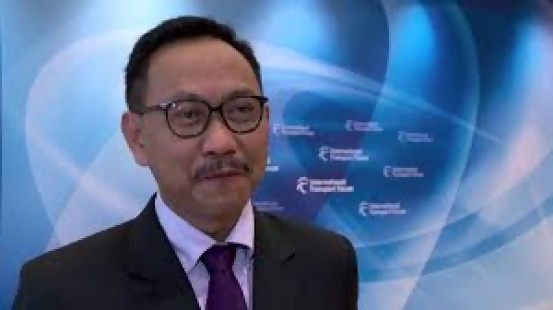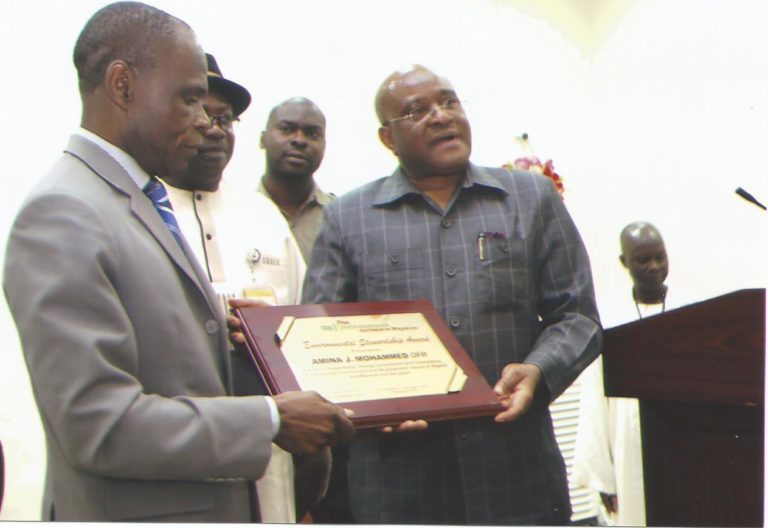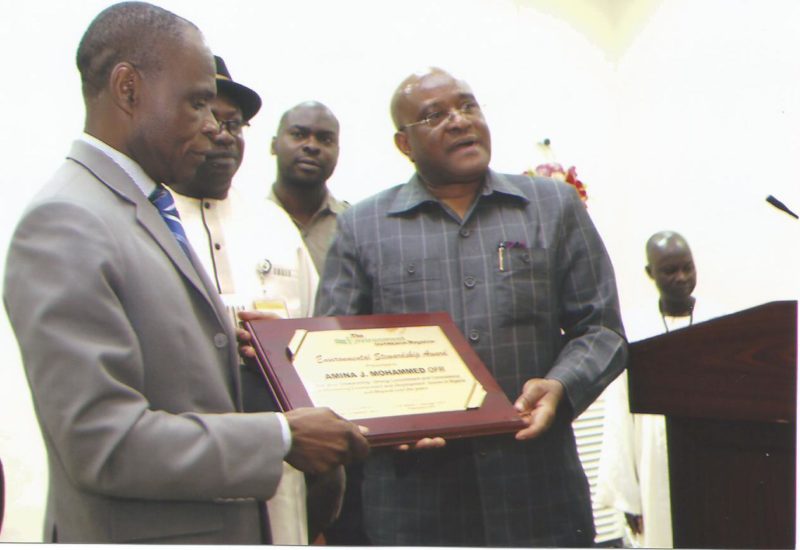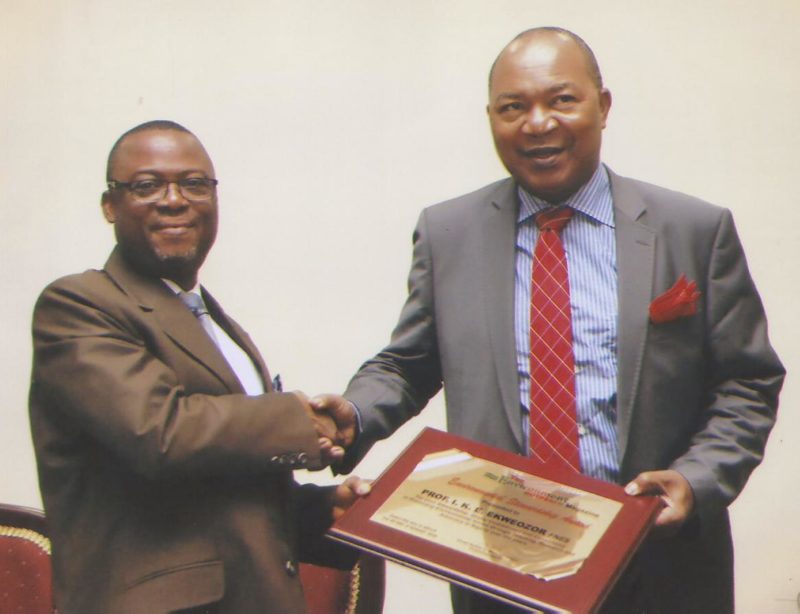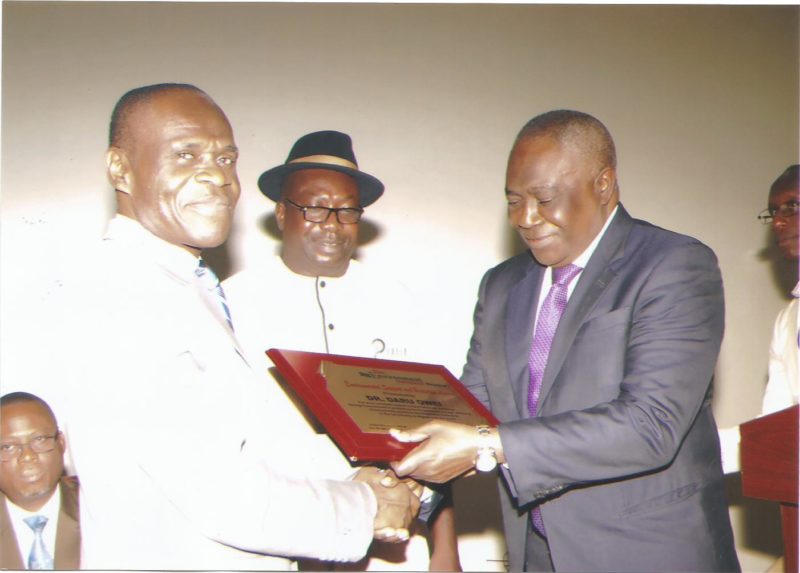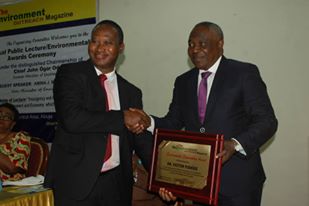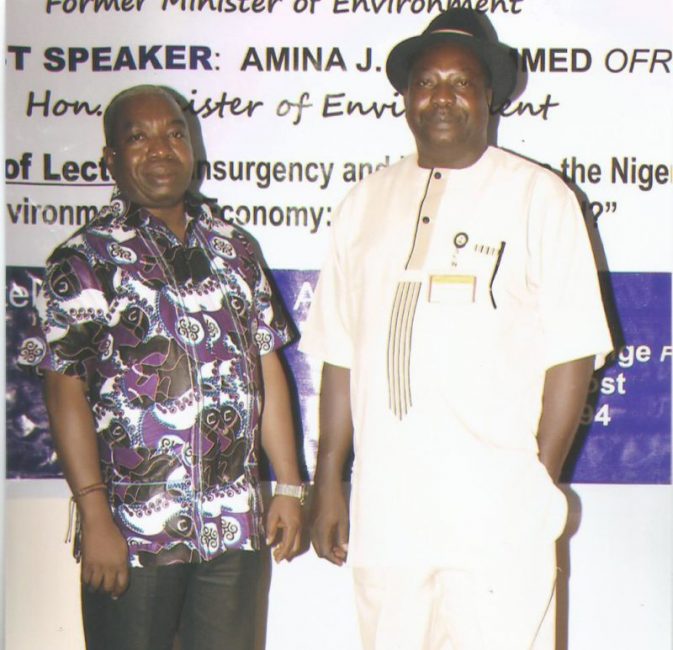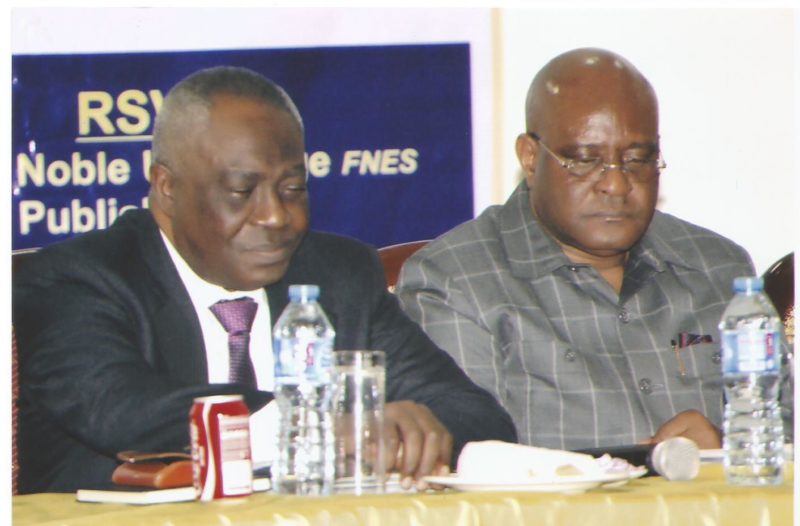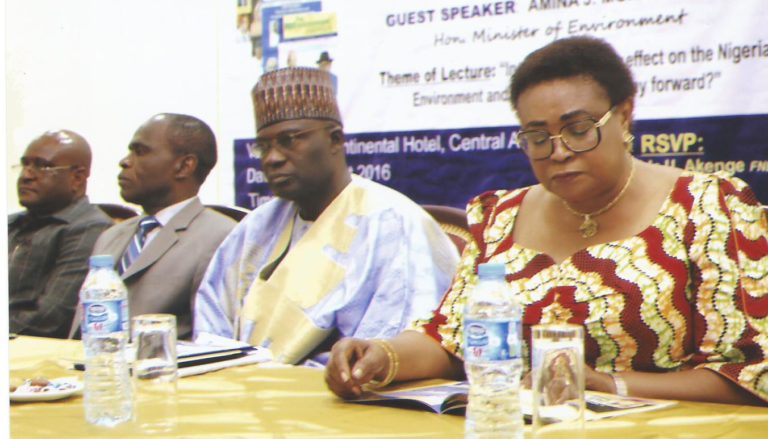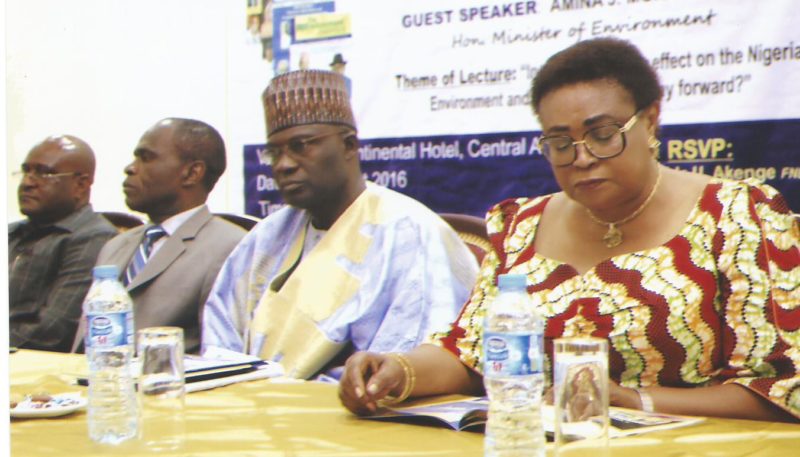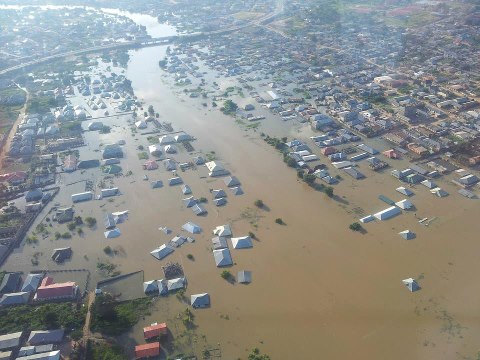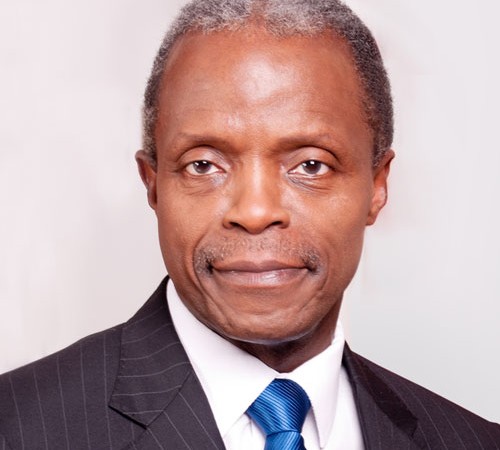On the brink of eradicating wild polio, Nigeria suffers a major setback as an outbreak of the virus is confirmed
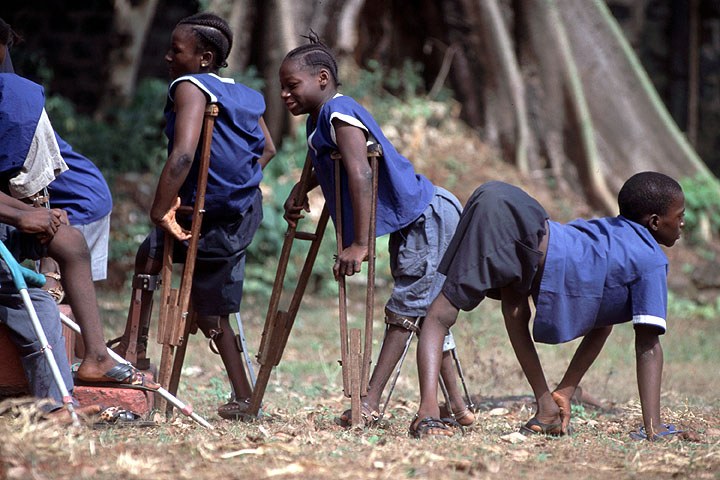
Minister of Health, Prof.Isaac Adewole, has confirmed an outbreak of wild polio virus in Borno State.
The outbreak has reportedly affected two children from Gwoza and Jere Local Government Areas of the state.
The discovery and confirmation of the outbreak was as a result of strengthened surveillance due to improved accessibility, which has been made possible by the recent military action in liberating more communities in the North Eastern part of the country.
Adewole said the detection of children paralysed by polio shows that surveillance has increased with more access.
He equally said it is a reminder that the country needs to remain vigilant and immunise all eligible children with oral polio vaccine until polio is completely eradicated worldwide.
He said: “Our overriding priority right now is to rapidly boost immunity in the affected areas to ensure that no more children are affected by this terrible disease.”
To this end, the minister has directed the deployment of an national emergency response team comprising government and partners to Borno State for immediate and robust polio vaccination campaign, targeting eligible children to prevent the spread of the virus locally and internationally.
The Federal Ministry of Health through the National Primary Healthcare Development Agency with the support of partners, including the World health Organisation (WHO) and the United nations Children’s Fund (UNICEF), are conducting detailed risk analysis to clearly ascertain the extent of circulation of the virus and to assess overall levels of population immunity in order to guide the response.
As an immediate response, about one million children are to be immunised in four local government areas in Borno State.
Children in adjoining states of Yobe, Adamawa and Gombe will also be immunised, bringing the number to about five million in the four states.
Prof. Adewole reiterated the Federal Government’s commitment to achieving a polio-free Nigeria and assuresd the general public that this outbreak would be controlled as soon as possible, adding that government will provide the needed resources to contain it.
He therefore called on other states and local governments to redouble their efforts by safeguarding their territories from importation of the virus by providing the required leadership and ensuring accountability among healthcare workers and other stakeholders.
It will be recalled that, in 2012, Nigeria accounted for more than half of all polio cases worldwide, but the country has made significant strides in recent years, going two years without a single case.
This progress has been as a result of concerted efforts by all level of government, civil society, traditional and religious leaders as well as dedicated health workers.




